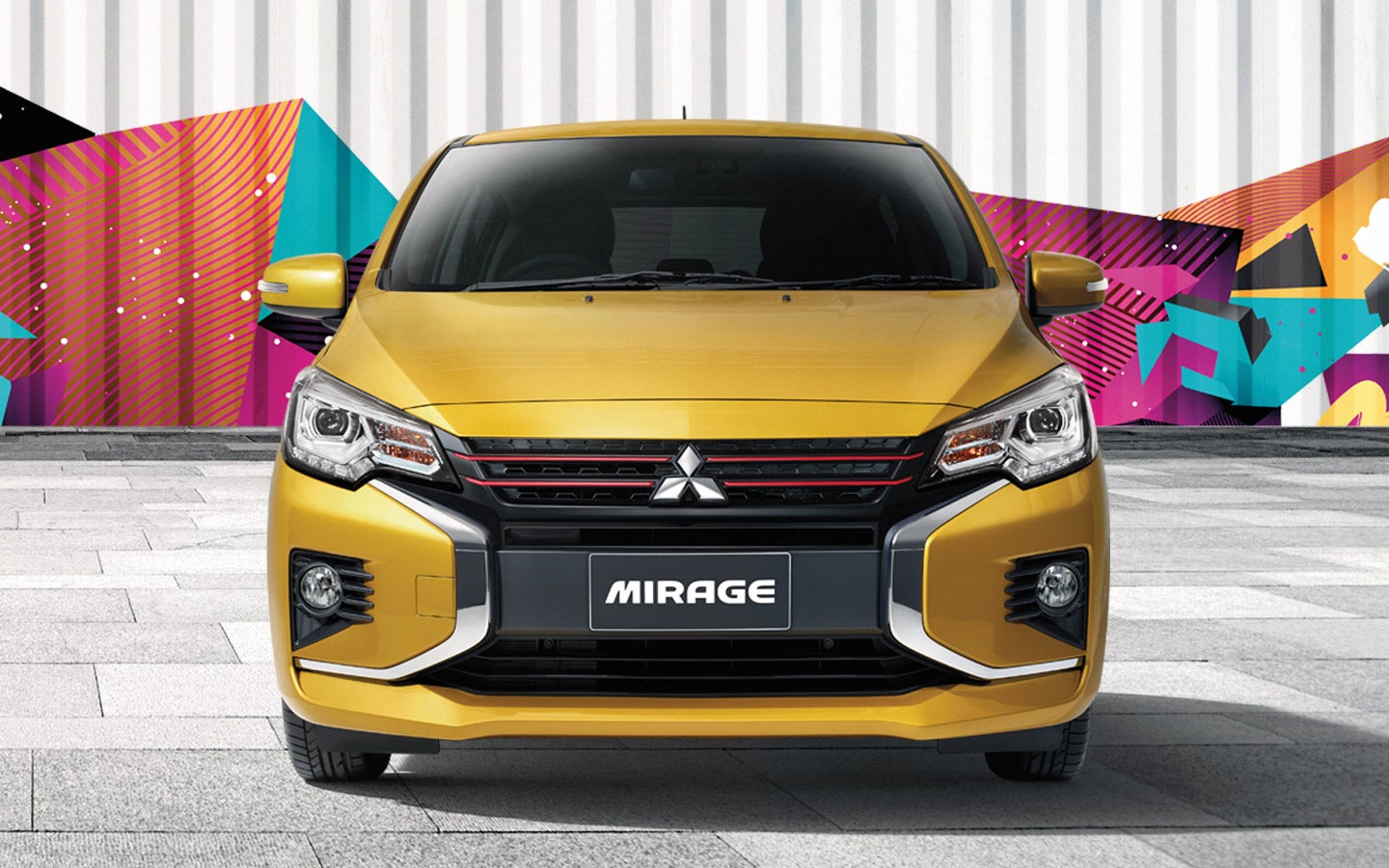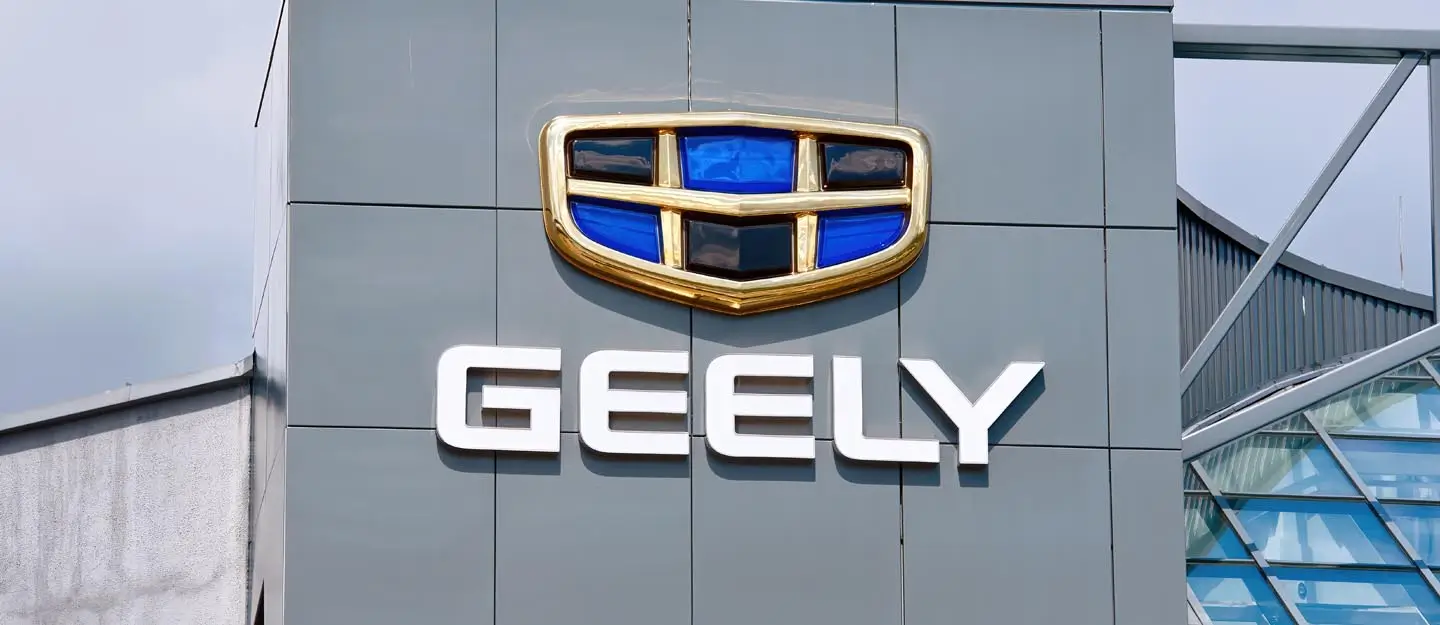The Mitsubishi Mirage Bids Farewell to the American Market
In the realm of budget-friendly new cars in the United States, the Mitsubishi Mirage, with a starting price of $17,790, has long been a notable contender. However, the days of this economical subcompact vehicle are numbered, as confirmed by a recent report from Automotive News.
The diminutive Mirage hatchback, widely recognized for its affordability, is on the brink of discontinuation, and its slightly more expensive sibling, the Mirage G4 sedan, faces the same fate. The era of new cars priced below $20,000 in the U.S. is fading fast, and the Mirage, with its sub-$18,000 base cost, is the latest casualty, as indicated by the Automotive News report.
You can read the PDF of this article by clicking here.

Vanishing Act of the Mitsubishi Mirage
According to the Automotive News article, both the Mirage subcompact hatchback and its sedan counterpart, the Mirage G4, are scheduled to cease production in the U.S. by late 2025, with no prospects for a successor generation. However, if the timeline holds true, there may be one more model year available after the 2024 version currently on sale.
As of today, Mitsubishi has officially announced the discontinuation of the Mirage, commencing for $17,340. This affordable vehicle is renowned for its outstanding fuel efficiency but falls short in terms of power and acceleration.
Mitsubishi’s Strategy Shift
Mitsubishi, the Japanese automaker, is expected to shift its focus more towards the burgeoning crossover market and the transition to electrified vehicles. The discontinuation of the Mirage, a small three-cylinder car, is a testament to the brand’s shift in priorities. Mirage sales have seen a significant decline in recent years, prompting Mitsubishi to reallocate resources and investments toward crossover vehicles and electrification.
While the 2023 Mirage is celebrated for its low starting price and remarkable fuel economy (an EPA-estimated 36 mpg in the city and 43 mpg on the highway), it lags in power. Equipped with a modest 78-horsepower three-cylinder engine, the Mirage falls short even when compared to the $16,000, 122-horsepower Nissan Versa. A 178-hp three-wheeled Polaris Slingshot surpasses the Mirage’s power by a considerable margin.
It’s important to note that the Mirage was never intended for speed; it primarily served as an economical transportation option, akin to vehicles like the Honda Fit or Toyota Yaris.
The Mitsubishi Mirage’s Decline
“The Mirage became the modern Yugo, a used-car alternative for people who desperately wanted a new car,” remarked Sam Fiorani, vice president at AutoForecast Solutions, in an interview with Automotive News. “The Mirage’s chief competition is a three-year-old Toyota Corolla with more interior space and a better ride.”
In Japan, the Mirage nameplate was retired at the close of 2022, marking the end of its 44-year run in the market. The Mirage’s departure from the U.S. market will leave limited options for customers seeking a new car priced around $20,000, let alone below that threshold. At present, the title of the most affordable new car in the U.S. goes to the Nissan Versa, with the 2023 model starting at just over $17,000 when equipped with the standard manual transmission. Given the diminishing sales of the Mirage, its absence may not be deeply lamented by prospective buyers.
For more insights on the automotive market, check out this other article: The Impact of Online F&I Sales on the Auto Industry




